Thinking of switching from Bermuda to Fescue
nienke
16 years ago
Related Stories

GARDENING GUIDESNew Ways to Think About All That Mulch in the Garden
Before you go making a mountain out of a mulch hill, learn the facts about what your plants and soil really want
Full Story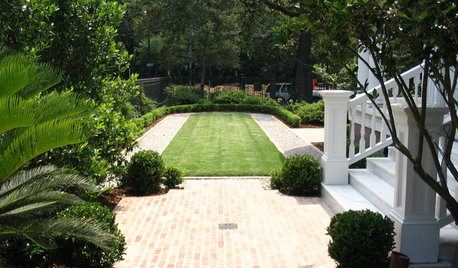
GARDENING GUIDESHow to Plant a New Lawn From Sod
Take the quick-start route to turf with sod; these installation guidelines will help ensure a healthy and long-lasting lawn
Full Story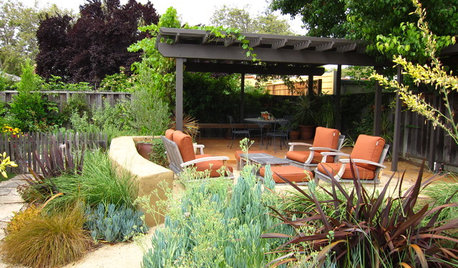
GARDENING GUIDESWhat Are Your Spring Gardening Plans?
Tearing out the lawn? Planting edibles? Starting from scratch? Tell us what you plan to change in your garden this year
Full Story
HOMES AROUND THE WORLDHouzz Tour: A Bright and Open London Loft
A converted factory space benefits from abundant windows, a modified open-plan design and eclectic art and decor
Full Story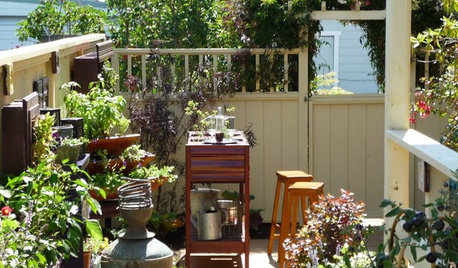
GARDENING GUIDES15 Ideas to Try in Your Garden This Year
These gardening stories were tops among Houzz readers. Which ideas might you try this year?
Full Story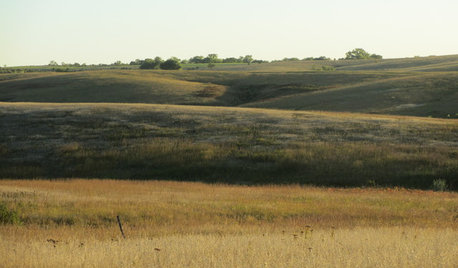
GARDENING GUIDESHow to Get Your Prairie On
Have a field day with your landscape, even if you've got just a few modern containers on a paved path
Full Story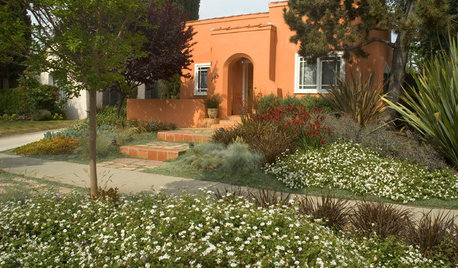
GREAT HOME PROJECTSHow to Replace Your Lawn With a Garden
New project for a new year: Lose the turfgrass for energy savings, wildlife friendliness and lower maintenance
Full Story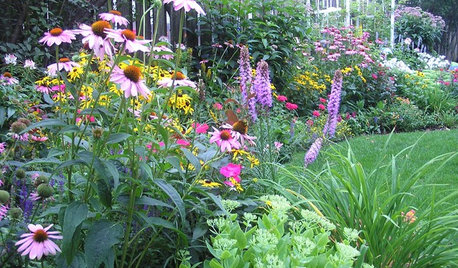
LANDSCAPE DESIGNTry Slow Gardening for Some Unexpected Benefits
Why set your garden on the fast track? Here's how to relax and enjoy it in an entirely new way
Full Story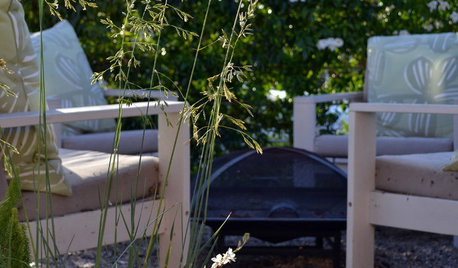
FRONT YARD IDEASMeet a Front Yard Designed for Gathering
Hanging out with neighbors comes naturally in front of a Southern California home, thanks to comfortable zones and beautiful plantings
Full Story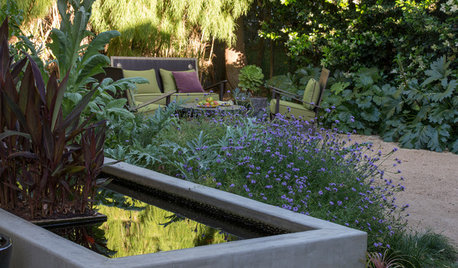
SAVING WATERHouzz Call: Are You Letting Go of Your Lawn?
Many facing a drought are swapping turf for less thirsty plantings. If you’re one of them, we’d like to hear about it
Full Story



wrager
quirkyquercus
Related Discussions
Adding fescue in dormant bermuda?
Q
Is Tall Fescue & Bermuda Grass good choice for Mojave Desert?
Q
Bermuda, Fescue, or something else?
Q
Hints for switching from fescue to something else?
Q
nienkeOriginal Author
rcnaylor
quirkyquercus
texas_weed
quirkyquercus
turf_toes
quirkyquercus
texas_weed
quirkyquercus
lou_spicewood_tx
rcnaylor
quirkyquercus
firstandgoal
rcnaylor
tak2w
nienkeOriginal Author
turf_toes
nienkeOriginal Author
quirkyquercus
texas_weed
auteck
nienkeOriginal Author
nienkeOriginal Author
texas_weed
quirkyquercus
nienkeOriginal Author
texas_weed
nienkeOriginal Author
texas_weed
quirkyquercus
Gags
quirkyquercus